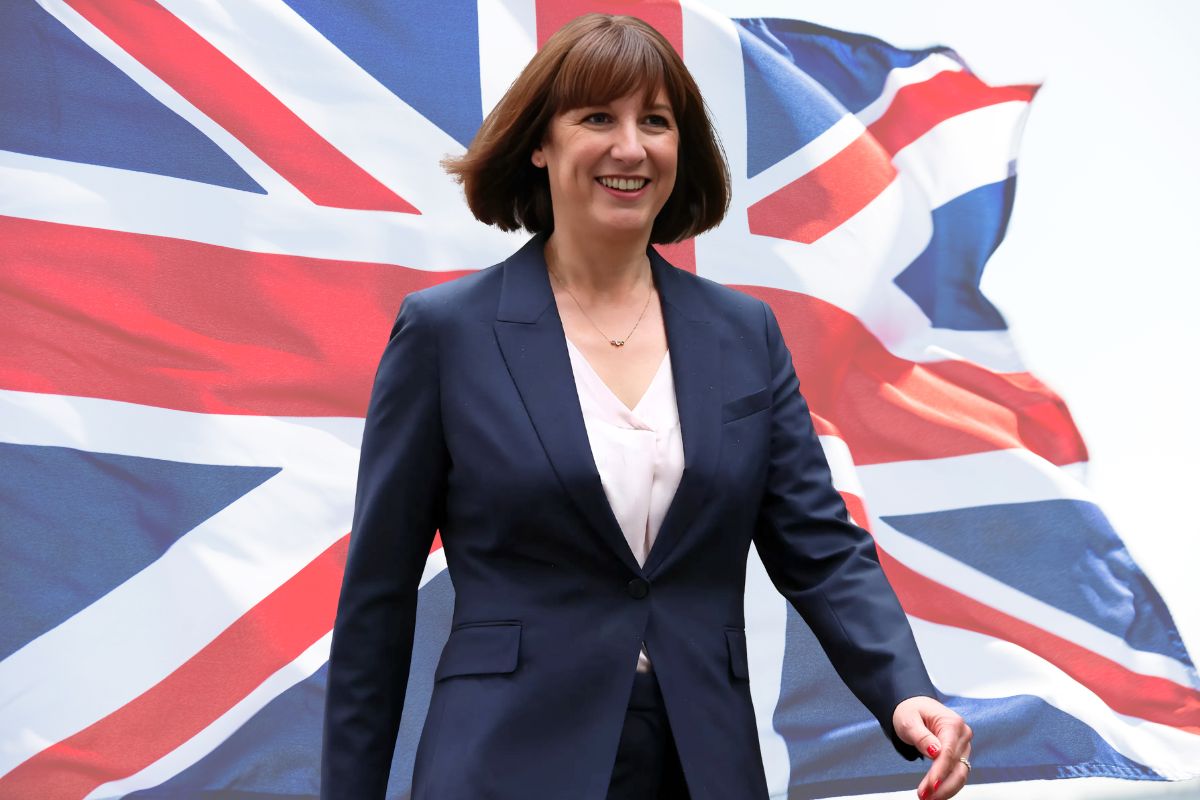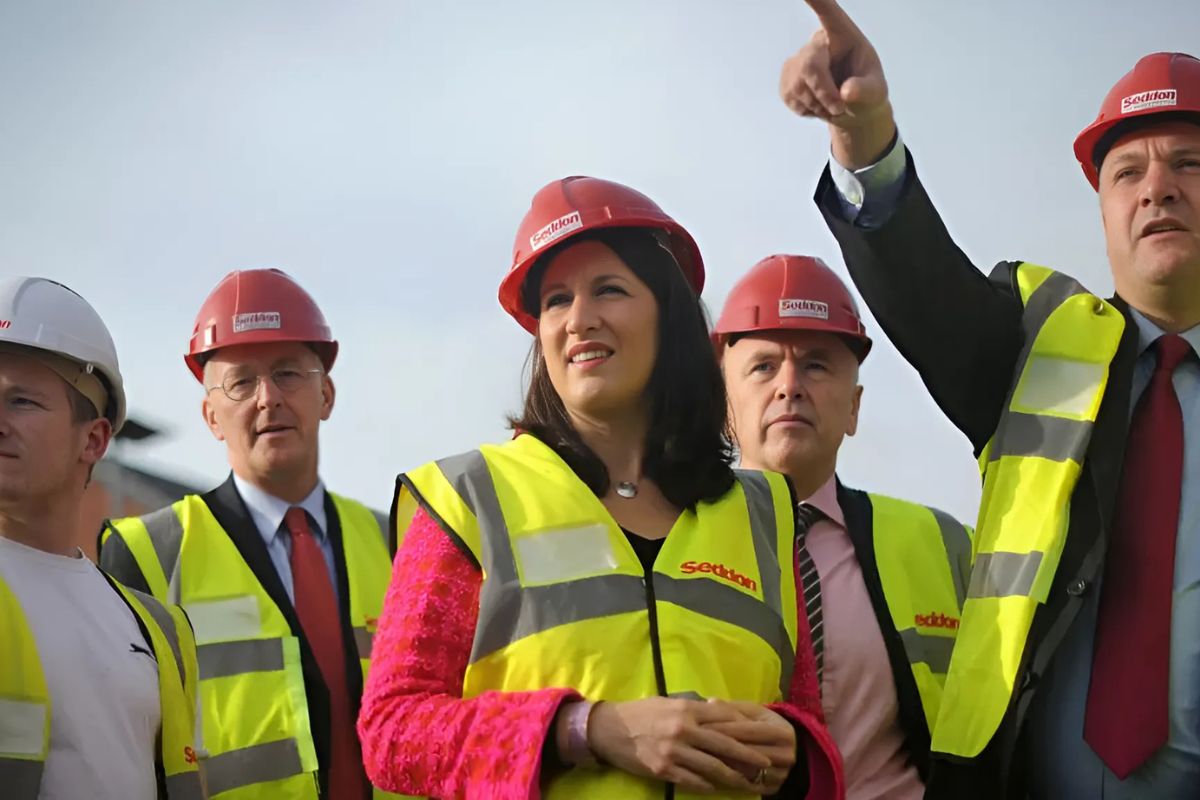Rachel Reeves: Britain’s First Female Chancellor Shaping Economic Policy

As the first female Chancellor of the Exchequer for the United Kingdom, Rachel Reeves has become a powerful player in British politics breaking through stereotypes. Her climb from a committed economist to a major influence on national economic policies highlights her dedication to public service and economic transformation.
Early Life and Education
Rachel Jane Reeves, born in Lewisham, London, on February 13, 1979, grew up in a family steeped in education; both of her parents worked in elementary schools. These surroundings promoted public service and education with great weight. At Cator Park School for Girls, Reeves excelled academically and obtained first marks in politics, economics, mathematics, and additional mathematics.
After studying philosophy, politics, and economics at New College, Oxford, she later earned a Master’s in economics from the London School of Economics.
Professional Beginnings
Beginning her work in September 2000 at the Bank of England, Reeves developed her knowledge of financial systems and economic policy. Her time at the Bank gave her a strong basis in knowledge of the complexity of the UK’s economic scene.
She moved to Leeds in 2006 to work with HBOS, therefore extending her financial sector expertise.
Political Career
Driven by a wish to help society improve, Rachel Reeves joined the Labour Party at the age of sixteen. Her political path saw her challenging parliamentary seats in 2005 and 2006, then duly chosen as the Member of Parliament for Leeds West in 2010.

Her commitment and knowledge resulted in quick party progress in positions including Shadow Pensions Minister and subsequently Shadow Chief Secretary to the Treasury.
Chancellor of the Exchequer
Rachel Reeves was selected Chancellor of the Exchequer following Labour’s July 2024 general election victory, therefore marking a historic event as the first woman to hold this post in almost 800 years.
View this post on Instagram
Strong initiatives aimed at addressing financial concerns, like the creation of the National Wealth Fund and significant tax adjustments, have set her leadership apart. She released her first budget in October 2024, including tax increases meant to stabilise the economy and handle public expenditure issues.
Policy Initiatives and Economic Vision
Focussing on increasing labour supply and enhancing productivity to improve economic growth, Reeves has argued for modern supply-side economics, tackling inequality and environmental issues as well as economic problems.
View this post on Instagram
Her initiatives reveal a will to give the United Kingdom a fair and sustainable economic future. Emphasising the need for long-term economic stability, she has been consistent in her position in front of criticism on various tax schemes.
Challenges and Criticisms
Chancellor Rachel Reeves has handled difficult economic ground with high government borrowing levels and continuous inflation. Critics of many economic policies have questioned their effectiveness and underlined the mounting tax load on businesses.
I’m determined to go further and faster to kickstart economic growth.
That means generating investment, driving reform and boosting trade.
I will fight every day to deliver that growth and put more money into working people’s pockets.
— Rachel Reeves (@RachelReevesMP) January 16, 2025
Reeves has, however, continuously stressed her vision for a balanced approach to economic development, trying to establish conditions suited for both social welfare and business success.
Personal Life

Rachel Reeves is wed to senior civil servant and Gordon Brown’s former private secretary, Nicholas Joicey. Reeves is also renowned for her love of chess, which reflects her strategic thinking both in and out of the political sphere. The couple has two children and has homes in Leeds and London.
Conclusion
From a committed economist to the first female Chancellor of the Exchequer for the United Kingdom, Rachel Reeves’s path emphasises her unflinching dedication to public service and economic change. Reflecting a mix of knowledge, commitment, and a vision for a fairer society, her ideas and leadership still help to determine Britain’s economic destiny.






